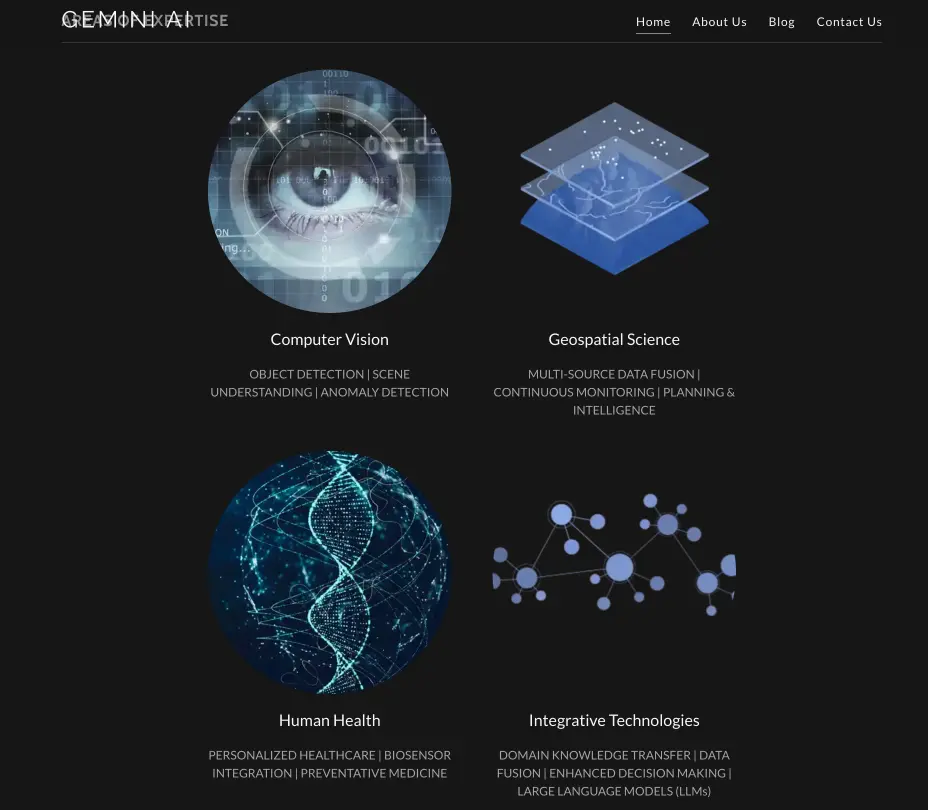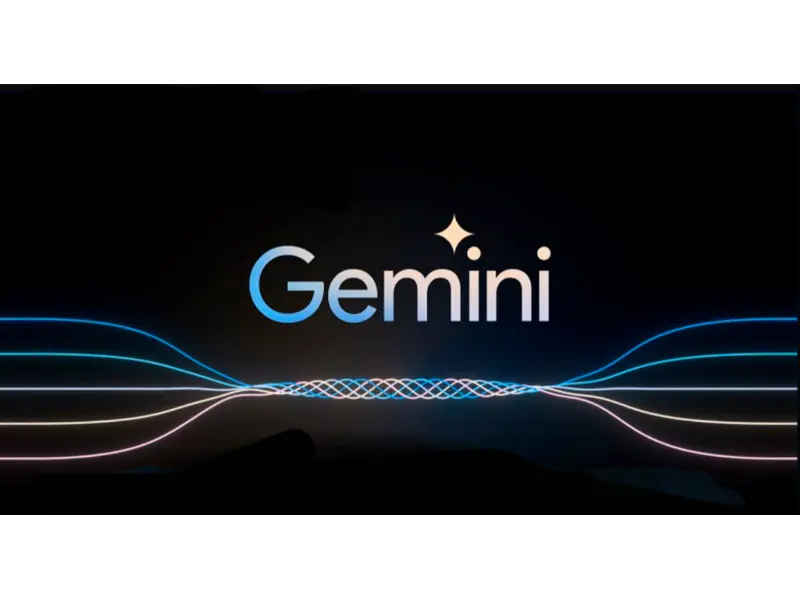- Google’s Project Ellmann uses Gemini AI for personalised life stories from user photos.
- Google licenses Gemini AI to Google Cloud, enabling multimodal information processing.
- Google stresses the balance of innovation with user privacy in developing Ellmann.
Google has unveiled “Project Ellmann,” a visionary initiative aimed at utilising AI technology to process user photos and search engine queries. The project, which envisions the creation of a “personal life storyteller,” leverages large language models (LLMs) such as Gemini AI to extract information from user photos and generate a chatbot capable of providing precise answers to user queries.
The primary goal of Project Ellmann is to offer users a unique and detailed overview of their lives by analysing patterns in their photos and transforming this information into a conversational AI experience. While the integration of Ellmann into Google Photos, which boasts over a billion users and stores trillions of photos and videos, remains uncertain, Google is actively exploring ways to optimise its product line using AI technologies.
Gemini AI: A multimodal breakthrough
One of the recent additions to Google’s AI lineup is Gemini, a model that, in certain scenarios, has surpassed OpenAI GPT-4. Google intends to license Gemini to Google Cloud users, allowing them to develop customised functionalities. The standout feature of Gemini lies in its “multimodal” capabilities, enabling it to understand text, images, videos, audio, and more.
During an internal meeting, a high-ranking executive from Google Photos showcased Project Ellmann, emphasising the potential of large language models to present a “bird’s-eye view” of a user’s real-world experiences. Ellmann aims to achieve a deep understanding of context through biographies, previous records, and photos. For instance, by analysing a series of snippets, Ellmann can discern themes such as university life.

Also read: A look at Alphabet’s Gemini, the AI model aiming to challenge ChatGPT-4
Ellmann Chat
According to internal documents, Google envisions Ellmann Chat, a chatbot that, when opened, already possesses a comprehensive understanding of an individual’s life. Users could ask questions like, “Do I have a pet dog?” and receive detailed responses, including the pet’s name and information about family members who enjoy the company of the dog. Ellmann can also assist with queries about relocating by suggesting towns similar to the user’s current living environment.
Also read: Google launches AI-driven NotebookLM for enhanced note-taking
Balancing innovation and ethical considerations
Google emphasises that Ellmann is still in the early exploration phase, and its official launch depends on ensuring usefulness to users while addressing privacy and security concerns. Many tech companies are striving to leverage new technologies to create more personalised user memories, with Project Ellmann being just one among them.
Whether it’s Google Photos or Apple’s Albums, both platforms are actively analysing photos to identify patterns and create albums automatically. While the prospect of AI-driven personalised memories sounds promising, the imperfections in Google and Apple’s technologies, highlighted by past incidents like misidentifying individuals, remind us that challenges in this domain persist.
Project Ellmann represents a significant stride towards AI-driven personalised storytelling, potentially reshaping how users interact with their digital memories. As technology continues to advance, the balance between innovation and addressing ethical considerations remains a critical aspect of these developments. The development direction of AI has never been to replace humans, nor is it to erase individuality with “average” data. The progress in big data and algorithms can help tell personalised stories, which is a very positive trend.

